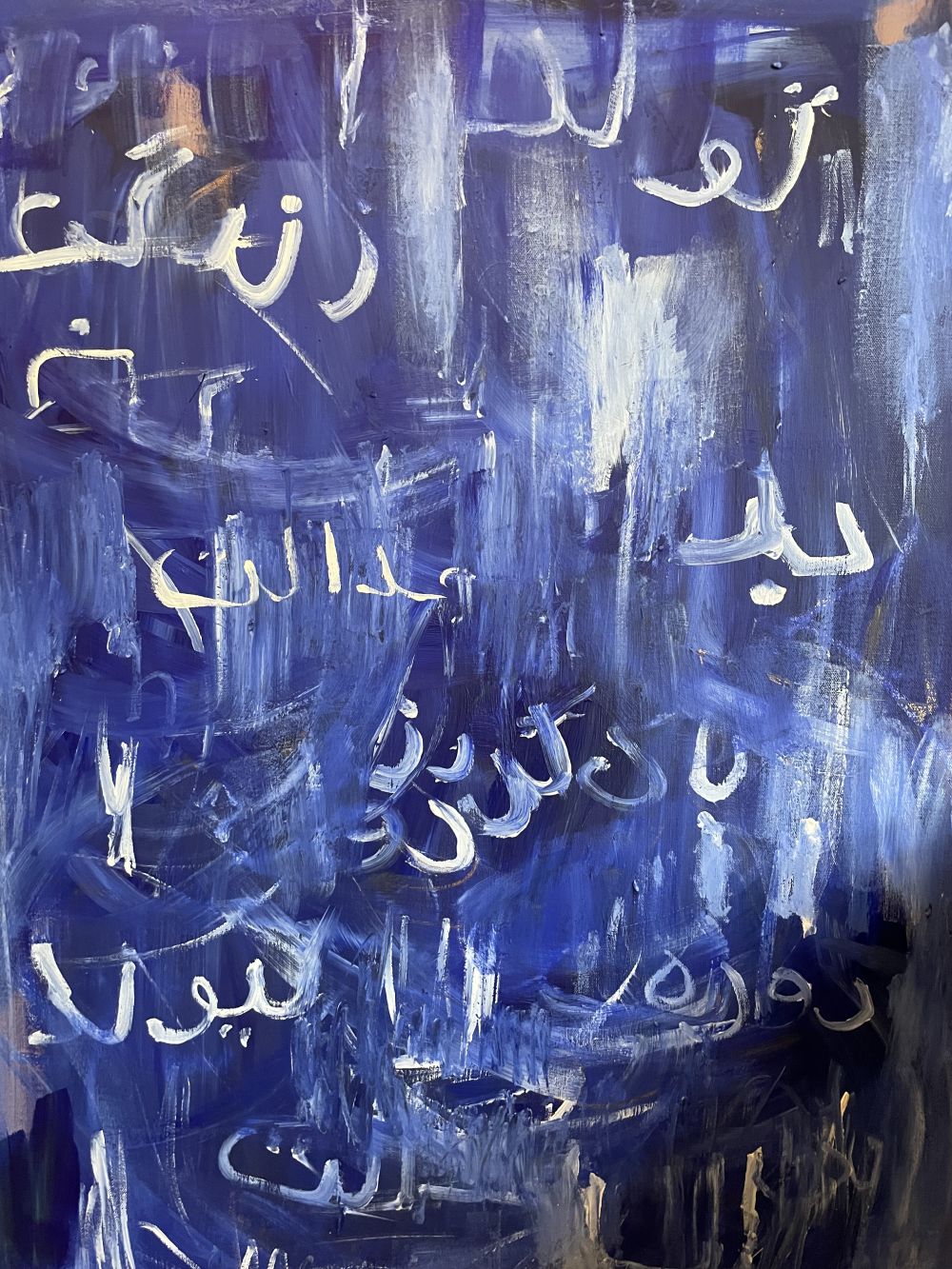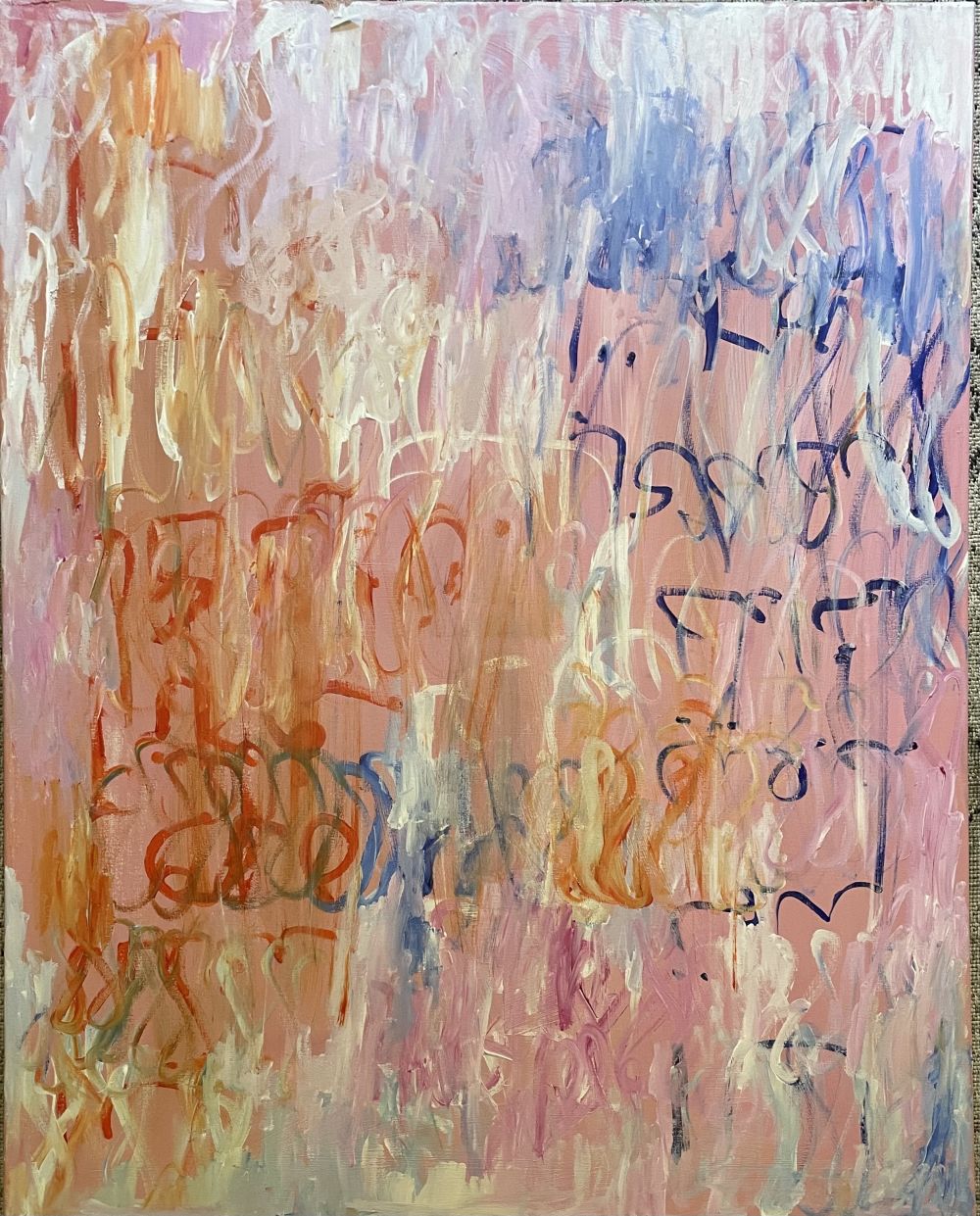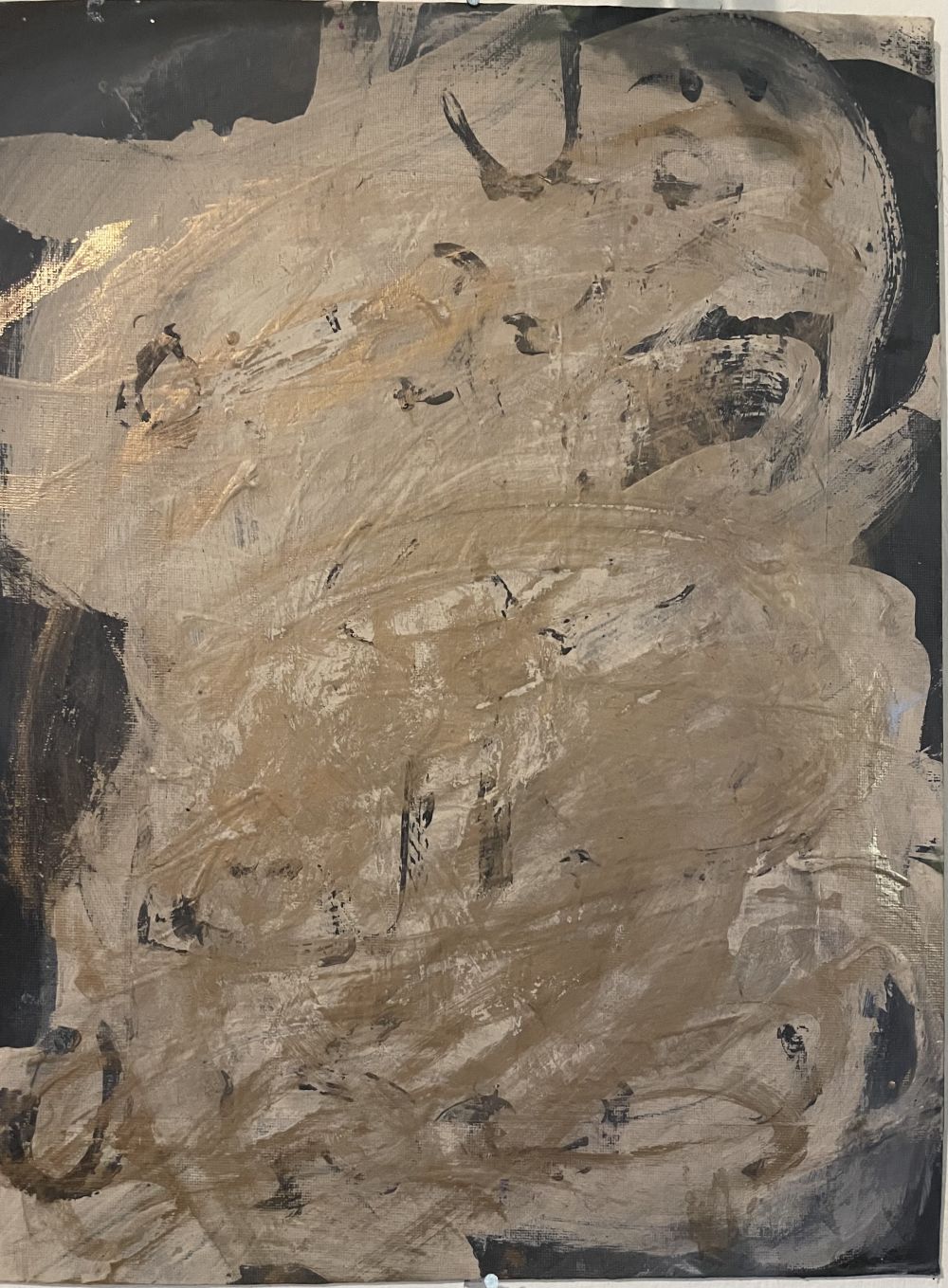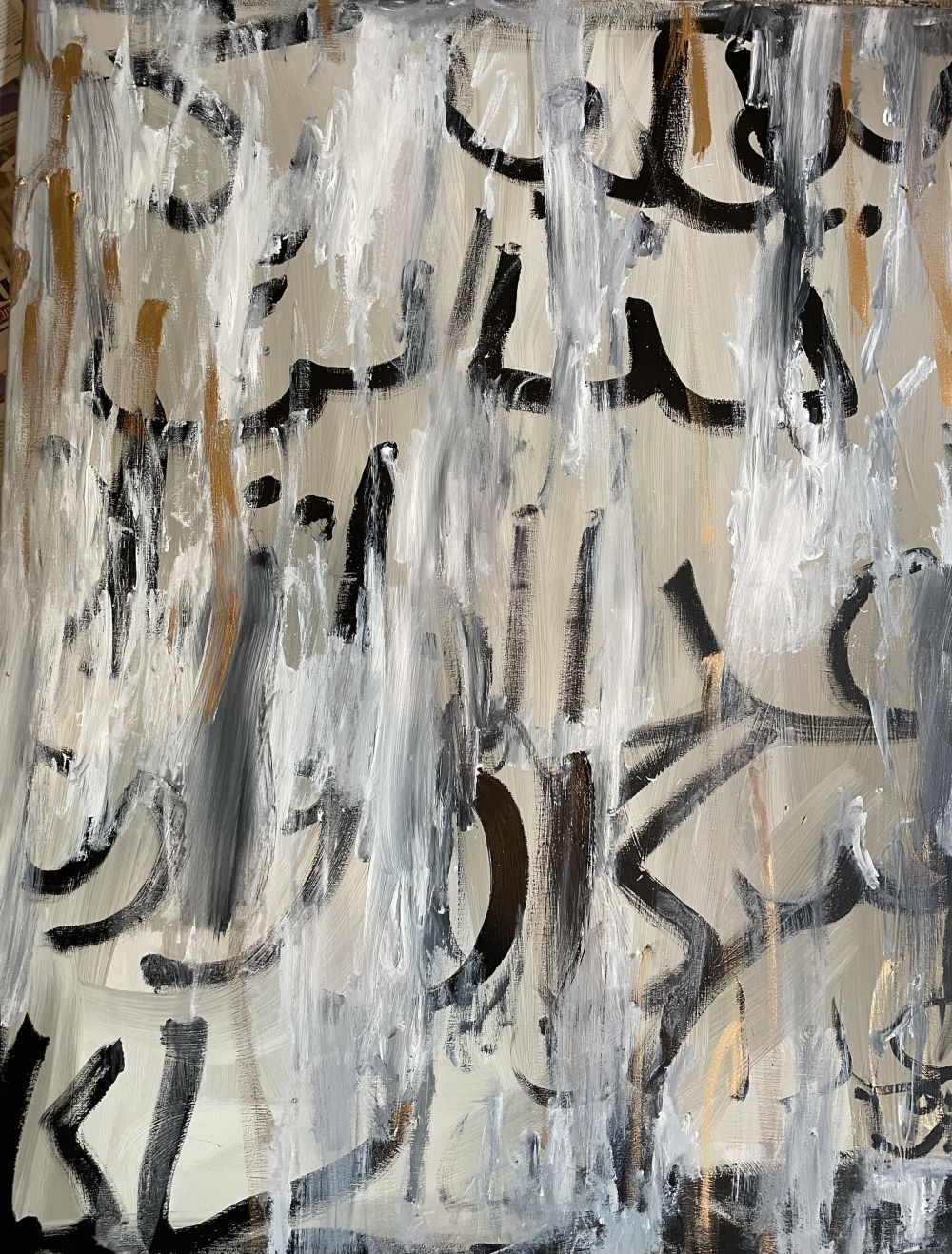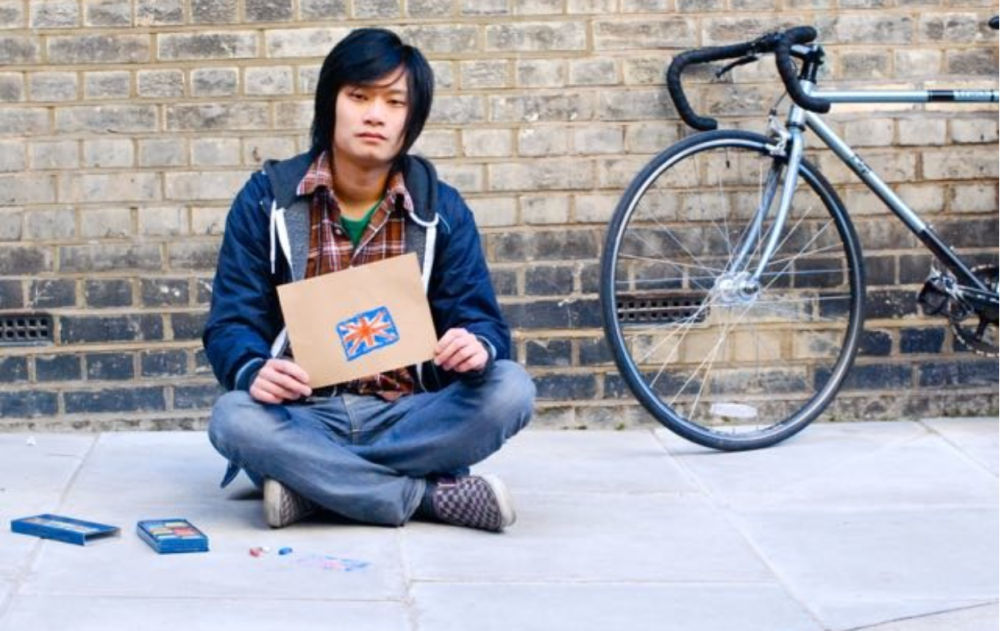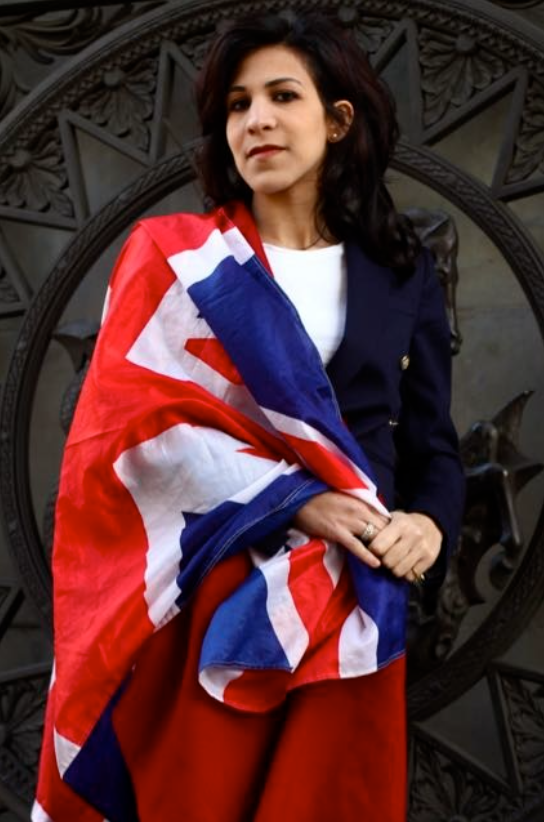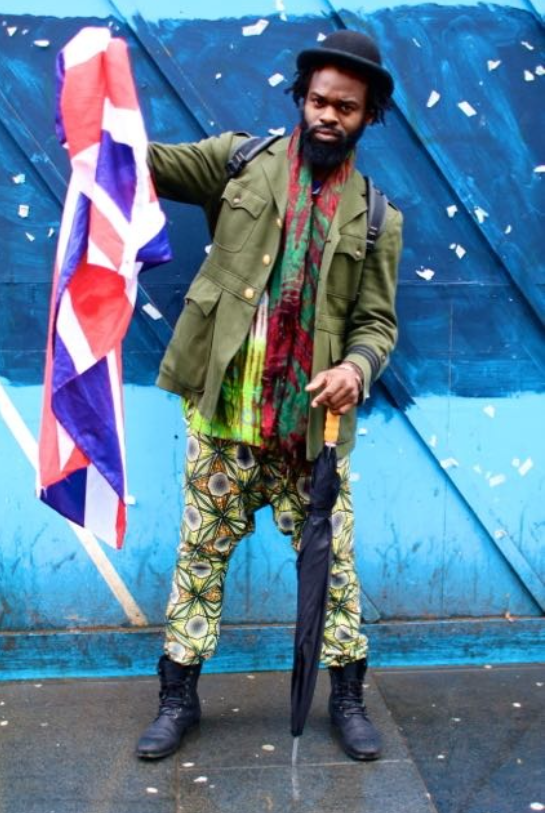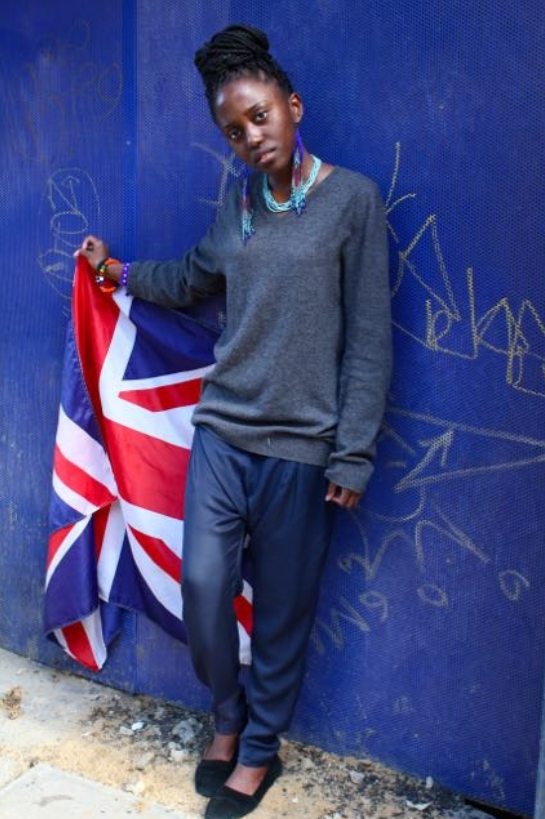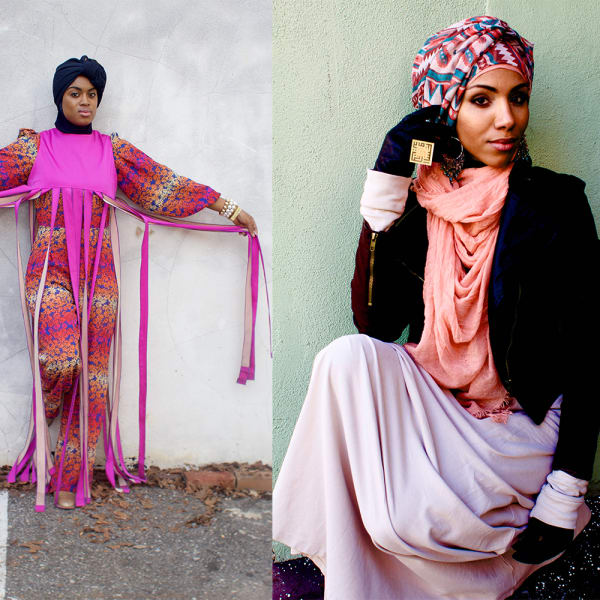Displacement is commonplace in today’s world, migration is a fact. Displacement and migration have been central to the human experience since the beginning of time due to political, environmental and economic circumstances. We caught up with Short Course tutor, Sara Shamsavari, to talk about the relationship between art, displacement and migration.
Sara is a British Iranian interdisciplinary artist based in London. Her work has been exhibited internationally for over 20 years in museums and public spaces including at the Museum of Contemporary Photography, Museo Bardini in Florence and Lowe Museum of Art. Sara currently runs our Art, Ethics and Social Change Online Short Course.
Read more about Sara's practice in this interview for Vogue Portugal.

Born in the midst of the Iranian Revolution, Sara recovered from infant cancer while fleeing from war and the impending persecution of her family in Iran. She was granted asylum at the age of two in the UK where she and her family have resided ever since.
Her early experience surviving war combined with her rich Iranian heritage and upbringing as a foreign child from a refugee background in the UK has subsequently shaped her perspective and continue to inform her artistic subject matter. Sara regularly lectures on art, photography, migration and identity at Central Saint Martins and London College of Fashion, as well as occasionally lecturing at NYU Abu Dhabi.

Safar
In her abstract painting series “Safar”, Sara included visually obscured words in Farsi, that often become lost and absent (words like justice, cycle, journey, connection).
“In this work, I am considering the sensation that many migrants and particularly refugees feel, the sensation of trying to make sense of our world while falling through time and space. Somehow in our quest for clarity of our situation, whether stability, justice, safety or the definition of our identities, these things continually transform or are lost almost as soon as they are defined,” she told us.
Sara Shamsavari is leading a series of webinars exploring the relationship between art and identity. If you are feeling inspired, explore more of Sara Shamsavari's career and work.


